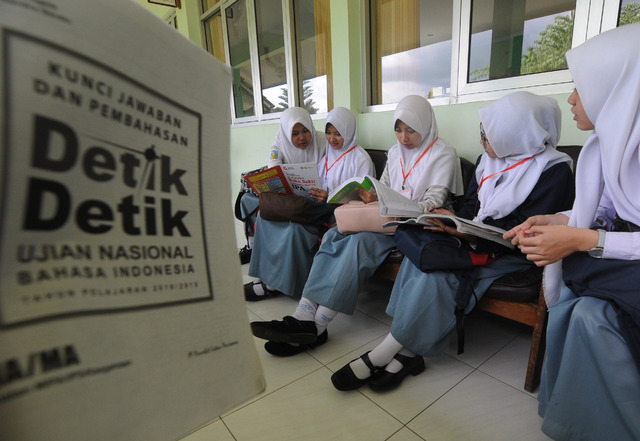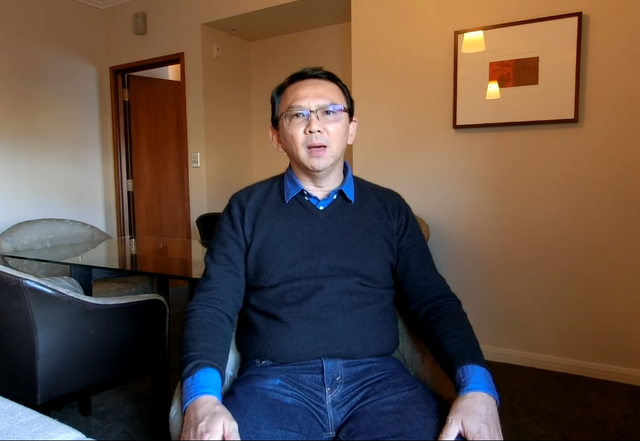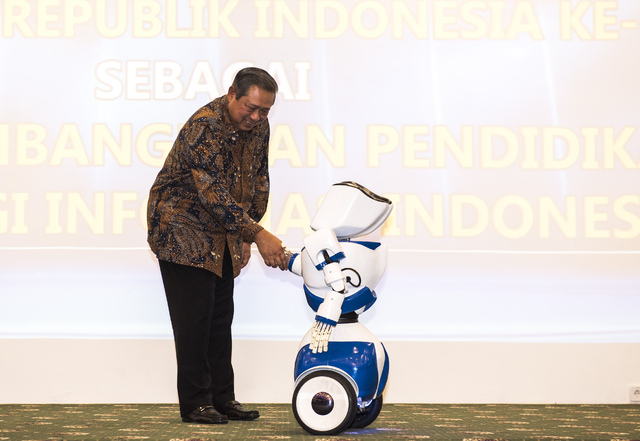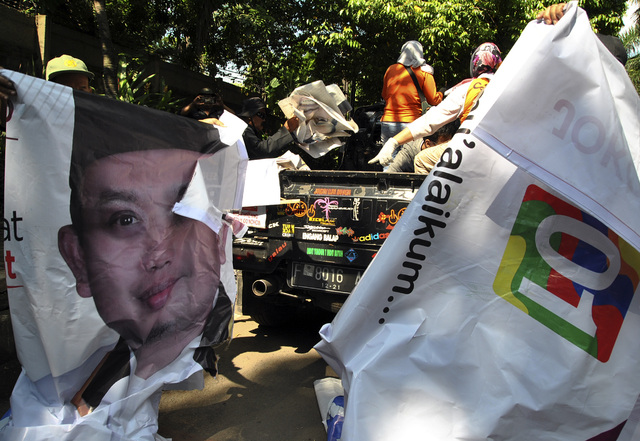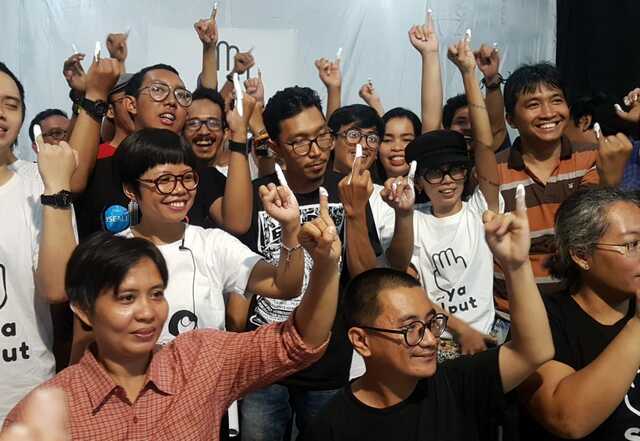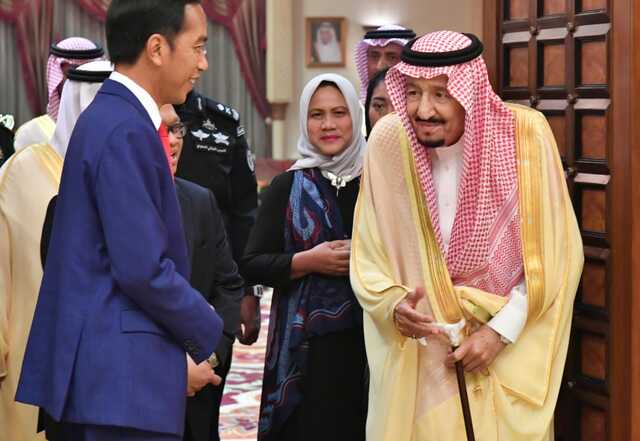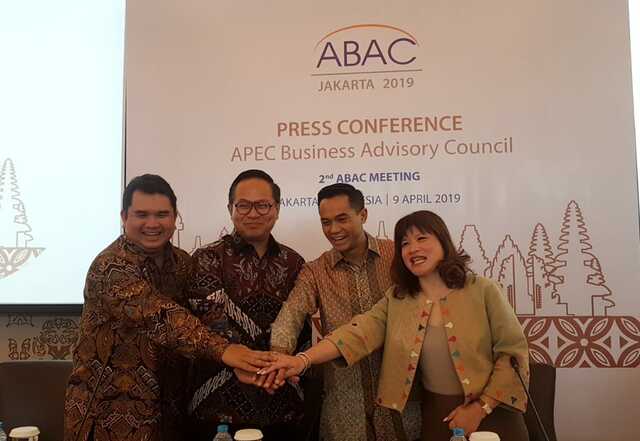Commentary: Recent Ethno-Religious Sentiments in Indonesia and the US
BY : ARIZKA WARGANEGARA
NOVEMBER 25, 2016
This month has been marked by two crucial developments, both on the national and international level: the mass protest rally against Jakarta Governor Basuki "Ahok" Tjahaja Purnama, and the victory of Donald Trump in the United States presidential election. These two events divided politicians and voters into several different camps.
The two power contests have been relatively similar. There is no neutral terminology in politics. For example, people tended to presume that Donald Trump was racist or anti-pluralist, but in my opinion, he is just a businessman who ran for president and who also needed to sell something to the voters. Indeed, this was just a political commodity.
In my view, what Trump had said in his election campaign was just meant to attract American voters. This has been confirmed when he gave his victory speech in which he said he would be a president for all Americans and focus on developing the country's infrastructure. I think Trump understands that a racist agenda has almost no room in a democratic country such as the United States.
Democracy Lesson for Indonesia
What are the lessons in democracy that can be learnt from the US election? The issues of ethnicity and religion are still important in appealing to voters. According to a Nov. 6 report by the Economist, it was clear that most white Americans would vote for Trump, rather than for Hillary Clinton, whereas the descendants of migrants would back the latter.
The United States and Indonesia are countries where internal politics are still greatly influenced by ethno-religious sentiments. However, the real problem at the grassroots level is always the economy. In my understanding, Trump's victory is due to a big economic gap between Americans, which has even increased over the past 16 years.
What can we learn from this? Firstly, that religious and ethnic sentiments are still useful tools in political campaigns, although they are often related to economic issues as well. Secondly, in most of the well-established democracies, these sentiments are exploited in a more sophisticated way, in comparison with newer democracies, where these sentiments are deceptively displayed to the public without any boundaries. Thirdly, voters should also be more rational when assessing whether the elites are not using these issues to manipulate them into giving them their political support. I believe most Indonesians have the capacity to deal with this problem.
Finally, what could President Joko "Jokowi" Widodo's administration do to resolve these sensitive issues in Indonesia? Law enforcement is the most effective way of dealing with ethno-religious sentiments. The law must be prioritized when the government faces conflicts based on ethnicity or religion. It is also important to establish long-term projects for national integration and cultural understanding and to uphold Pancasila, the state ideology.
Arizka Warganegara is a doctoral researcher at the University of Leeds in the United Kingdom. She is also a political analyst at the University of Lampung. Her research is focused on migration and ethnic politics.




